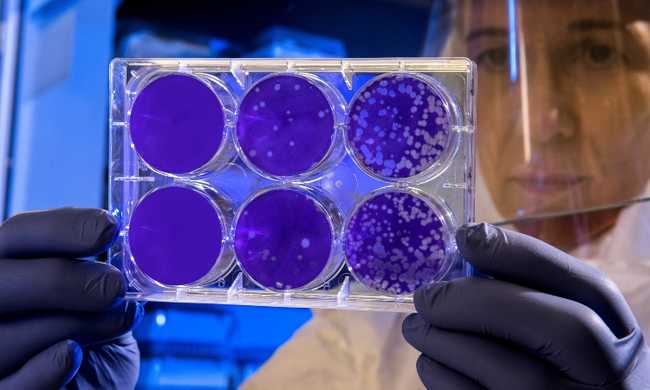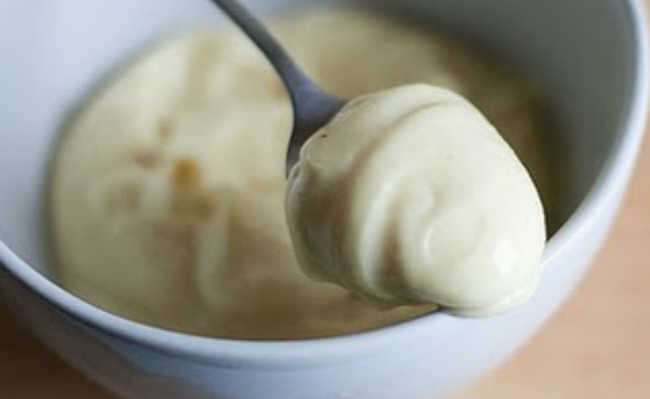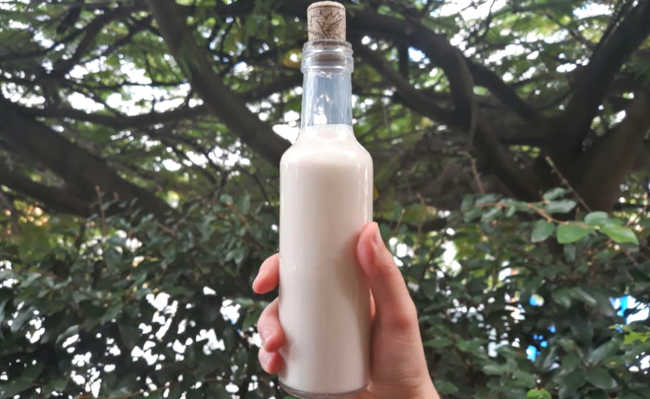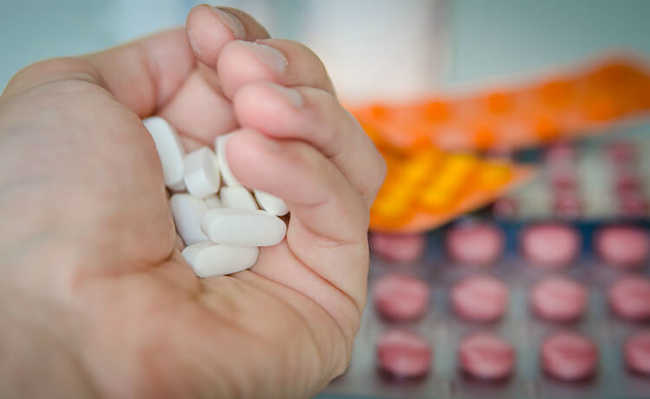Gases: Symptoms and How to Eliminate the Problem
Gases are common, but in excess or accompanied by symptoms such as pain or discomfort, something is wrong.

We all give off gas, right? Gases are the air that accumulates in the digestive system and is released through the anus. Letting go of gases is normal - they are constantly produced in our bodies. Typically, a woman releases seven to 12 gases a day and a man between 14 and 25. Much of the gas is produced by carbohydrates, as the intestine does not have the enzymes needed to digest them; so they end up fermented by bacteria, which sometimes causes the onset of so-called gas symptoms, with heartburn and abdominal pain.
- Medicine for gases: 10 tips on how to eliminate gases
- Probiotics for diarrhea: benefits, types and side effects
Generally, people who think they have excessive flatulence are usually average or just a little above. Some people can give off more gas for genetic reasons or by eating a lot of fiber, gluten and carbohydrates (which generally constitutes a healthy diet). If a person actually releases a lot of gas, they can suffer from pain and various symptoms.
Gas symptoms
- Feeling of heaviness in the stomach;
- Frequent belching;
- Loss of appetite;
- Heartburn;
- Shortness of breathe;
- Chest stab;
- High stomach;
- Gastric discomfort;
- Severe abdominal pain;
- Abdominal swelling;
- Tummy hard;
- Flatulence;
- Intestinal colic;
- Constipation.
Causes

"Fart" by Per Olesen is licensed under CC BY 2.0
Several factors can facilitate the formation and excess of gas, including: drinking carbonated drinks, chewing gum, smoking, talking a lot during meals, eating too fast, biting objects such as pen caps or keeping them in your mouth, drinking a lot antacids (such as baking soda), sedentary lifestyle, eating foods that are difficult to digest (fatty and high in fiber) and constipation.
How to eliminate gases?
The first step in eliminating gases is to understand what causes them. A good start is to investigate your nutrition.Foods that cause gas
- Milk and cheese - especially whole grains with a lot of fat;
- Meat, seafood and eggs;
- soft drinks and other carbonated beverages;
- Beans, corn, peas, lentils and chickpeas (especially if undercooked);
- Broccoli, cauliflower, onion, cabbage, cucumber, turnip and Brussels sprouts;
- Avocado, melon and watermelon;
- Foods with gluten.
- What is gluten? Bad guy or good guy?
Foods that help eliminate gas
- Eat pineapple or papaya at the end of meals, as they help with digestion;
- Tomatoes, chicory and asparagus;
- Lemon balm, ginger, fennel or carqueja tea;
- Kefir yoghurt or natural yoghurt with bifids or lactobacilli;
- Vegetables rich in water;
- Sauerkraut;
- Litter;
- It is recommended to drink a liter and a half or two of water a day.










